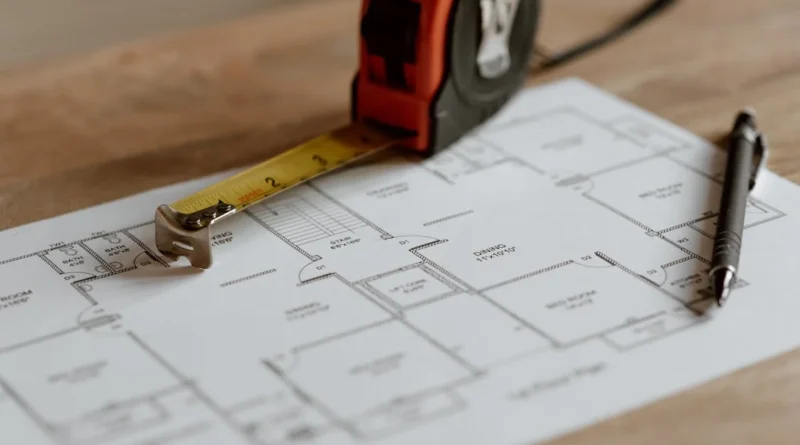Behind the Scenes of AI-Powered Construction: What Every Project Manager Needs to Know
In the evolving landscape of construction management, the introduction of AI-powered tools is reshaping traditional methodologies, ushering in an era of efficiency and precision. From enhancing site capture processes to delivering data-driven project insights, AI equips project managers with the tools they need to excel in the modern construction environment.
As we look to the future, the role of AI is undoubtedly central to the ongoing transformation of the construction sector, promising a landscape where efficiency, accuracy, and innovation are at the forefront. Embracing this change is essential for those looking to lead in the construction industry of tomorrow.
The AI Revolution in Construction Management
The incorporation of AI into construction management signifies a monumental shift from conventional processes to advanced, data-driven approaches. This transition enables project managers to harness the power of predictive analytics, automate cumbersome tasks, and optimize decision-making, ensuring projects are completed on time, within budget, and to the highest standards.
Transforming Decision-Making Processes
AI’s ability to analyze vast amounts of data in real time allows for informed decision-making, transforming how project managers foresee and navigate potential challenges. By providing a comprehensive overview of the project landscape, AI technologies enable the anticipation of obstacles, streamline resource allocation, and enhance the overall strategic approach to construction management.
Enhancing Efficiency Through Automation
AI-powered tools automate various aspects of project management, from scheduling to resource tracking, which traditionally consumed a significant portion of managers’ time. This automation not only increases efficiency but also allows managers to concentrate on more strategic and impactful areas of the project.
Improving Project Outcomes with Predictive Analytics
Predictive analytics is a cornerstone of AI’s value in construction, offering foresight into potential project risks and opportunities. This proactive stance empowered by AI ensures that project managers can mitigate risks before they escalate, leading to improved project outcomes and stakeholder satisfaction.
Optimizing Resource Management
AI’s capability to provide detailed analyses helps in optimizing the deployment of resources, ensuring that the right materials, machinery, and manpower are available where and when they are needed. This optimization reduces waste, lowers costs, and increases project efficiency, marking a significant advancement over traditional resource management methods.
Streamlining Communication and Collaboration
Effective communication and collaboration are crucial for the success of construction projects. AI facilitates these aspects by providing platforms and tools that enhance information sharing and team coordination, ensuring that every team member is aligned with the project goals and timelines.
Future Prospects: AI’s Expanding Role in Construction
The role of AI in construction management is poised for further expansion, promising even greater innovations and improvements in project planning, execution, and monitoring. This continual evolution positions AI as a key player in the future of construction, driving the industry towards more sustainable, safe, and efficient project delivery.
Embracing AI technologies in construction not only streamlines project management but also provides a competitive edge. Companies adopting AI are better positioned to meet the evolving demands of the construction industry, deliver exceptional quality, and lead in innovation and sustainability.
The Bottom Line
The integration of AI-powered technologies, particularly site capture, into the field of construction management, is not just a trend but a fundamental shift in how the industry operates. It represents a bridge to a future where data-driven decisions, predictive analytics, and automated processes become the standard, enhancing efficiency, accuracy, and overall project success.
As these technologies continue to evolve and mature, their adoption will increasingly become a benchmark for industry excellence, pushing the boundaries of what’s possible in construction management. For project managers and construction professionals, staying abreast of these advancements isn’t merely beneficial—it’s imperative for staying competitive in an increasingly sophisticated and technology-driven marketplace. The era of AI-powered construction is here, offering profound opportunities for innovation, improved safety, and superior project outcomes. Embracing this change is essential for those who aspire to lead and excel in the dynamic landscape of modern construction.




